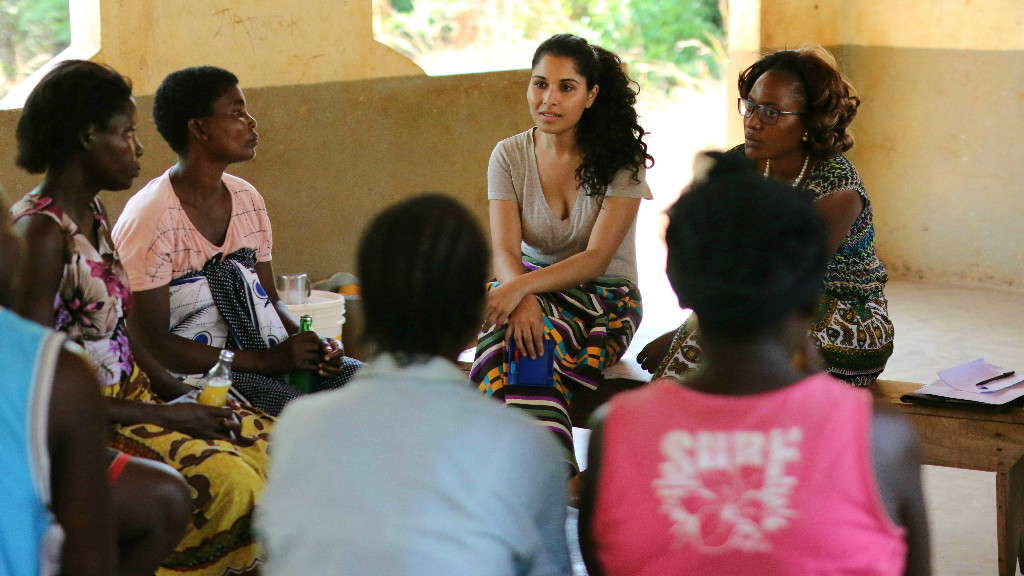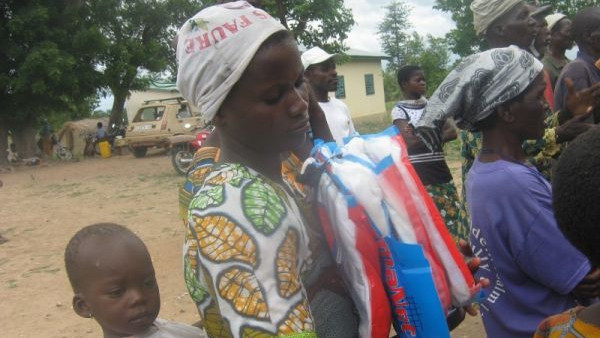Surveillance and Health Systems for Malaria
Recording when and where malaria occurs is essential for assessing disease trends and planning interventions. Where malaria is epidemic, a system that combines effective surveillance with timely response is essential to contain outbreaks. Wherever malaria occurs, there is a need to track progress in control and to receive warnings of emerging drug or insecticide resistance.
From Research to Application
Swiss TPH conducts research and development on both local and global issues related to malaria surveillance, such as improving mobile phone and tablet-based systems for collecting data from health facilities, using mathematical modelling to improve intervention packages, and analysing gaps in internationally available statistics.
Several groups in the institute combine expertise in health systems, health strategies and health economics. Research findings inform policy recommendations on strategies, priorities and resource allocation for effective and equitable health development and improved access to malaria services. We support health systems development in countries with fragile health systems.
Broad Range of Activities
Activities range from developing new information technology systems for hospitals and providing training for health professionals, to advising governments and international organisations on health issues and improving the performance of health systems around the world.
Project Highlights

Improving Access to Malaria Care and Services for Children Under Five
BACKUP Health supports Cameroon's National Malaria Control Programme in achieving Universal Health Coverage. The project focuses on monitoring and transparency of malaria treatment and costs using the openIMIS software in selected health districts. The software provides transparent information on treatment distribution and costs across health centres, supporting effective management within the national health system. Read more

Improving Health Systems to Reduce Child Mortality
Integrated Community Case Management (iCCM) is a strategy designed to provide children living in remote areas with access to care for malaria, pneumonia and diarrhoea in their communities. We are engaged in partnership with the World Health Organization and partners in DRC, Malawi, Mozambique, Niger and Nigeria in leading the development and implementation of a systems-wide strategy to analyse the Rapid Access Expansion Programme (RAcE) iCCM program and its influence on health outcomes for children. Read more

Impact of Systems Failures in Malaria Service Delivery in Africa
Malaria treatment provides individual benefits by curing infection and preventing progression to severe disease. Treatment also provides community-level benefits by reducing the infectious reservoir. However, across endemic countries treatment does not always lead to a complete parasitological cure, as a result of poor compliance, adherence, drug quality or other factors. Understanding both the factors leading to quality case-management and the extent of health benefits achieved by such care, thus has critical implications for malaria control programmes.